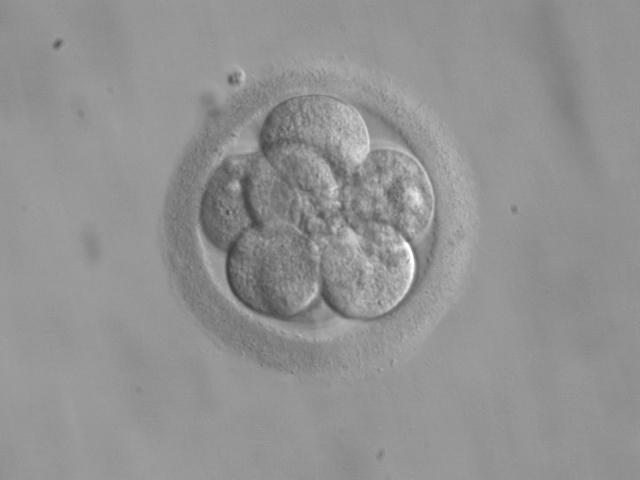Aggregated News

Late last week, reports emerged that scientists in Oregon had used gene-editing technology, known as CRISPR-Cas9, to edit a human embryo. While research like this is already occurring in China and Great Britain, this is the first time scientists in the U.S. have edited an embryo.
The move raises the question of whether regulations are strict enough in the U.S. Both Congress and the National Institutes of Health have explicitly said they would not fund research that uses gene-editing to alter embryos. But laws and guidelines are not keeping pace with this fast-moving and controversial work.
CRISPR is an experimental biomedical technique in which scientists are able to alter DNA, such as change the “misspellings” of a gene that contributes to mutations. The technology has the potential to reverse and eradicate congenital diseases if it can be used successfully on a developing fetus.
The news frenzy that followed this announcement was based on a leak from unknown sources. Initial reports emerged from a number of less known sources, including MIT Technology Review, that Shoukhrat Mitalipov of Oregon Health and Science...



